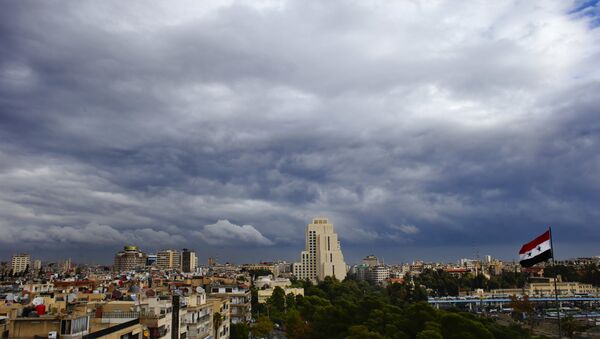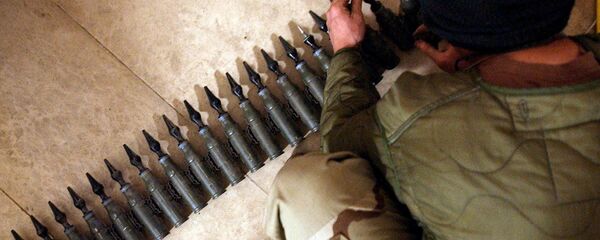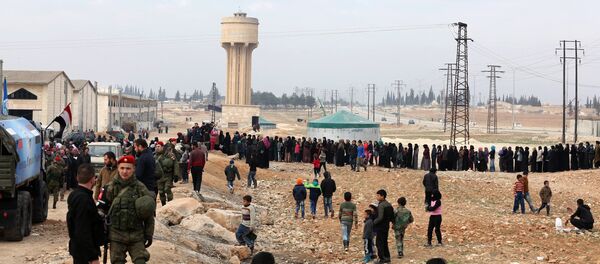In an interview with Sputnik, Ford pointed out that it was interesting how the report was coincidentally released after the Syrian city of Aleppo was liberated by the government forces two months ago, after successful negotiations in Astana and as it appears that Syria is coming closer to a political solution for the ongoing war.
"It's very strange after this report has been over a year in gestation — you have to ask, why now?" He said.
The retired British diplomat had visited Saydnaya numerous times as he served in Damascus from 2003 to 2006. According to Ford, the prison was too small to contain ten to twenty thousand prisoners at one time, contrary to what Amnesty said in the report.
"Ten to twenty thousand is a fair-sized town." He said in an interview. "The building which I saw at Saydnaya could not possibly accommodate more than ten percent of those numbers."
The human rights group also quoted its sources as saying that Saydnaya became the main political prison in 2011, which was just as false.
"It was already, when I was in Syria in 2006 and many years before then, Saydnaya was the main political prison." Ford clarified. "When they get this level of detail wrong I find it very hard to believe anything at all."
The former ambassador referred to the organization as "the spearheads of liberal interventionism", citing Amnesty International's "sensationalist" reports of the Iraqi invasion of Kuwait.
"Amnesty said that they had verified that claims that Iraqi soldiers had stolen incubators in Kuwaiti hospitals and left babies on the floor to die. Turned out this was a total fabrication…they were gullible and they used it and it helped to justify the Iraqi war." Ford said.
Amnesty International has been repeatedly criticized by some countries, including Russia, the United States and China, for spreading misleading information and acting as an instrument of propaganda and information wars. In 2013 the International Business Times wrote that in the past Amnesty received funds from the European Commission, from the governments of the Netherlands, the US, Norway and, in 2009, it received 2.5 million euros from government entities.
"Amnesty is well known in the NGO community for being very aggressive, for being sensationalist and for being focused very much on its own fund-raising." Ford said.
"They have become part of the liberal, elite establishment; part of the vanguard of liberal interventionism. They have lost their way. And this latest report will do them no credit."






